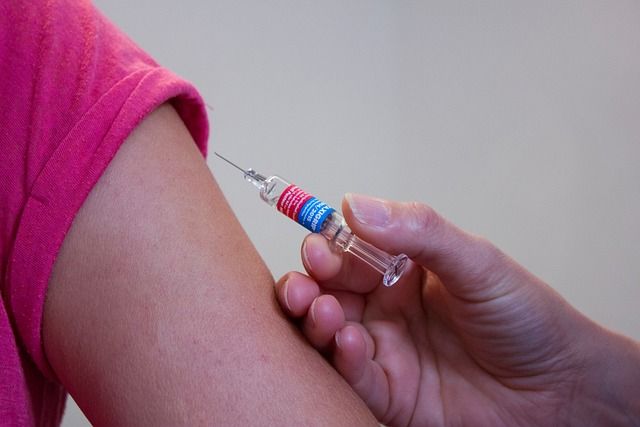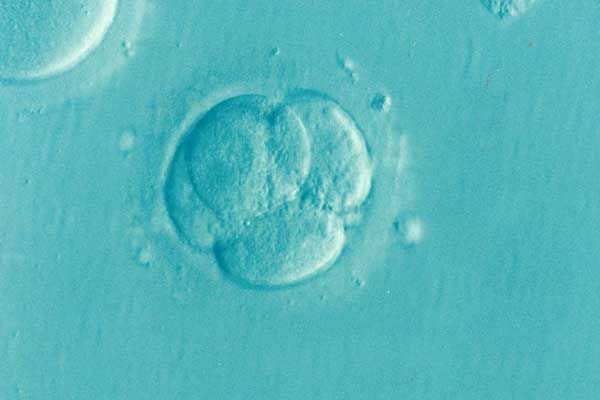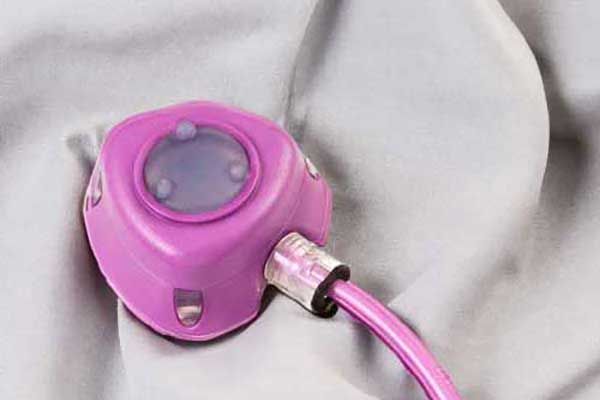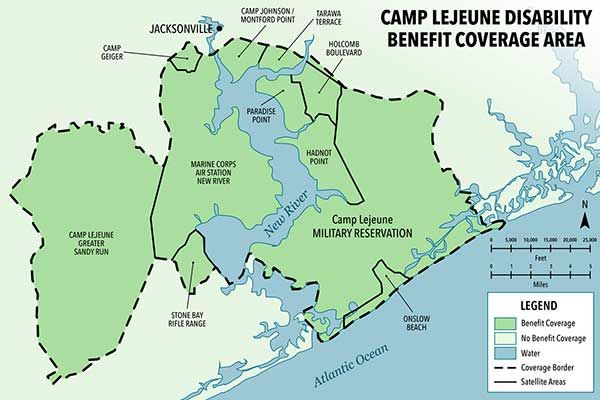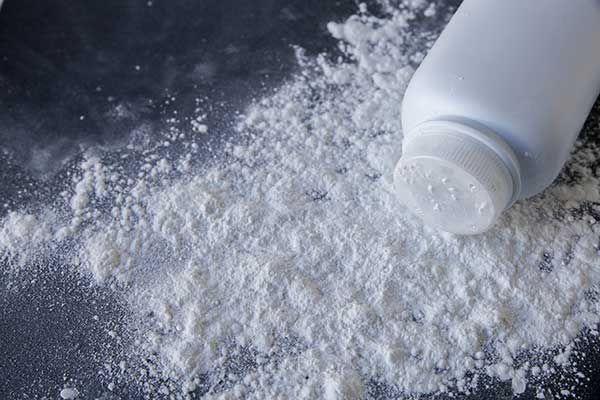

As Anniversary of Camp Lejeune Justice Act Nears, Only One Year Left to File a Claim
Veterans and their families stationed on Marine Corps Base Camp Lejeune decades ago are seeking justice for health issues caused by chemically-polluted water. However, delays in processing over 65,000 claims filed under the Camp Lejeune Justice Act of 2022, due to low funding and staff shortages, have left many frustrated.
Last summer, Camp Lejeune veteran servicemembers and their families saw a glimmer of hope in their quest for justice after being unknowingly exposed to chemically-polluted water for decades, and suffering a myriad of injuries and illnesses as a result. For some, the impact of these health problems was felt somewhat immediately, in the form of miscarriages and the presence of birth defects. For others, exposure to the toxic water led to the slow progression of many types of cancers and even infertility.
That glimmer of hope came in the form of the Camp Lejeune Justice Act of 2022. A law that opened a two-year time period for anyone injured by the contaminated water to file claims against the government. However, with over 65,000 claims filed since the passage of the law, delays in processing due to low funding and shortages of staff at the Department of Navy JAG Office have left many claimants frustrated. Many of these claimants are elderly; potentially having been exposed when stationed on Camp Lejeune up to 70 years ago. With the many thousands of claims filed, none have been resolved.
While the U.S. Navy plans to hire more staff to handle the complaint volume, claimants still don’t know when their individual claims will be processed. An online portal to move the process along was in the works but has not yet been completed. A bipartisan group of U.S. Senators and Representatives is pushing for faster claims resolution, but seeing little progress.
What Happened at Camp Lejeune?
Camp Lejeune, a Marine Corps Base in Jacksonville, North Carolina, became the site of one of the worst water contaminations in U.S. history. From 1953 to 1987, nearly one million servicemembers and their families were unknowingly exposed to toxins that had been dumped into the water, including oil, petrol, industrial wastewater, and various chemicals—and our nation’s Marines, their families, and other civilian workers bathed in, drank, played in, trained in, and cooked with that water for decades. Despite knowing about the contamination, the U.S. government covered it up, leading to serious health issues and cancers among those exposed.
The water at Camp Lejeune contained volatile organic compounds (VOCs) like benzene, TCE, PCE, and VC—known for their carcinogenic properties—and have been associated with birth defects and miscarriages. Some of the health problems alleged to be caused by the water contamination include: Aplastic Anemia, Bladder Cancer, Kidney Cancer, Leukemia, Liver Cancer, Multiple Myeloma, Non-Hodgkin’s Lymphoma, Parkinson’s Disease, and more.
The Camp Lejeune Justice Act of 2022 allows individuals who lived or worked at the base between 1953 and 1987 for at least 30 days, and who suffered an injury as a result to seek legal action against the U.S. government. This includes veterans, their families, civilians, and even those who were exposed to the toxic water while in the womb.
Contact Our Mass Tort Attorneys to Discuss Your Situation
If you lived or worked at Camp Lejeune in North Carolina between 1953 and 1987 and believe your cancer or other serious injury was caused by water contamination, call us today G&E’s compassionate, experienced attorneys can evaluate your potential claim with you during a completely free consultation. You only pay fees if G&E successfully recovers compensation on your behalf. Time is running out to file your claim, as the Camp Lejeune Justice Act passed last year sets a two-year statute of limitations for filing a claim. It is important to act promptly to seek justice for your injuries from Camp Lejeune’s contaminated water.

